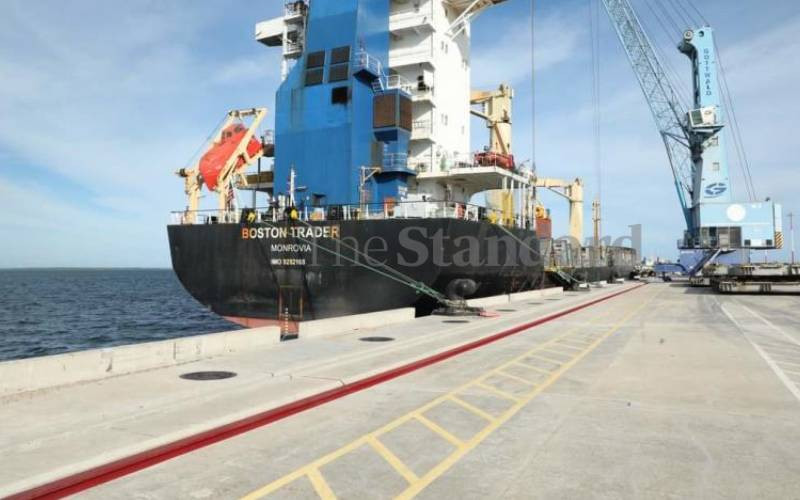×
The Standard e-Paper
Home To Bold Columnists

New plans by the State to regulate destination charges afresh will be damaging to the Kenyan economy, the Kenya Ships Agents Association (KSAA) has said.
In a letter to Transport Cabinet Secretary Kipchumba Murkomen and his Maritime Affairs counterpart Salim Mvurya dated October 30 this year, KSAA said over-regulation will discourage investments since it will make Mombasa Port less competitive